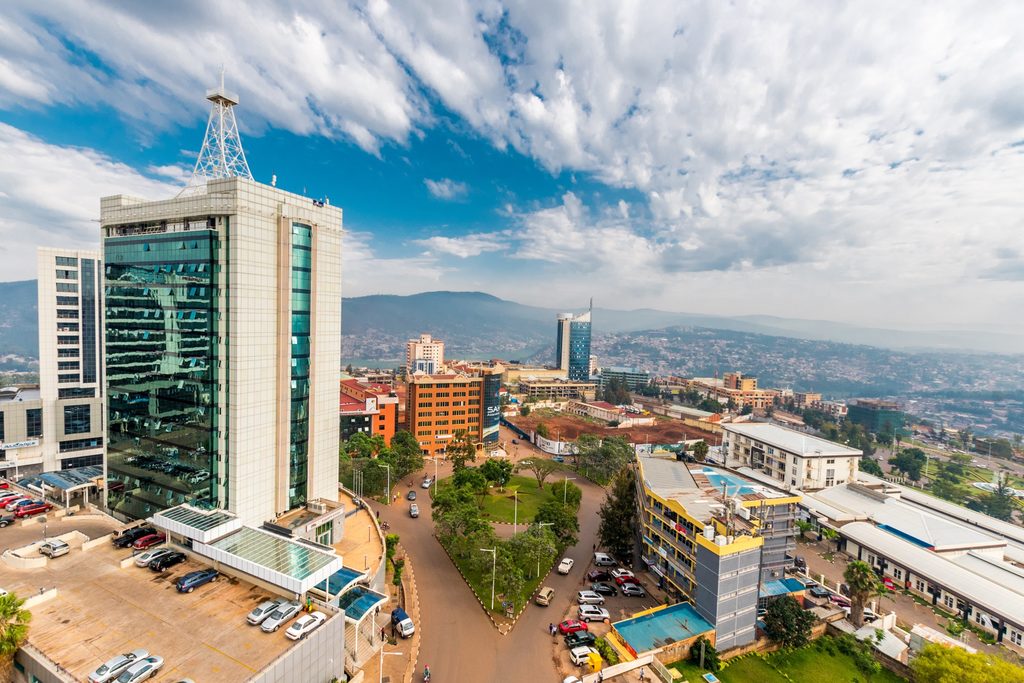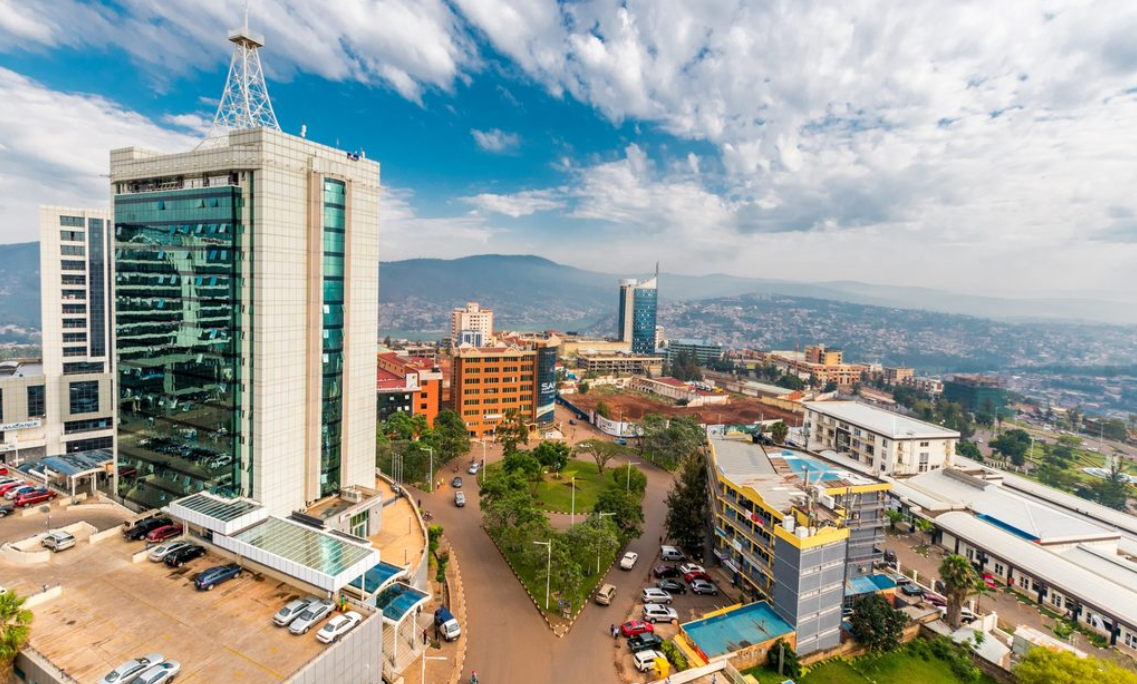Rwanda’s transformation is often whispered in awe. Gleaming streets, ambitious reforestation, and a palpable sense of national unity seem to defy its tragic past. At the heart of this revival pulses Umuganda — the mandatory community work day every last Saturday of the month. While Fiji’s challenges and context differ profoundly, the principles behind Umuganda offer not just lessons, but a provocative mirror: What if Fiji reimagined its own powerful tradition of “Solesolevaki”, as a structured, national catalyst for tackling 21st-century crises?
Kigali’s success isn’t magic; it’s rooted in deliberate cultural reactivation. Umugandadidn’t invent community work; it formalised and elevated a deep-seated Rwandan value of “coming together in common purpose.” Fiji possesses an equally potent, living tradition: Solesolevaki. The foundation is already there, woven into the fabric of iTaukei life and resonant within Indo-Fijian and other communities. The audacious question isn’t if Fiji can harness this, but how it could be revitalized on a national scale to address urgent needs.
Here’s where Rwanda’s experience becomes truly thought-provoking for Fiji:
1. From Cultural Value to National Strategy: Umuganda shows the power of taking a cherished tradition and giving it modern structure, scale, and purpose. Fiji’s Solesolevaki often operates at the village level. What transformative potential lies in consciously elevating it as a pillar of national identity and action? Could a nationally recognised, regular “Solesolevaki Day” become a symbol of a unified, proactive Fiji?
2. Unity Forged Through Shared Action: Rwanda deliberately used Umuganda to bridge divides after genocide. Fiji, with its rich diversity, faces ongoing challenges in fostering deep social cohesion. Imagine diverse communities — iTaukei, Indo-Fijian, Rotuman, urban professionals, rural villagers — working shoulder-to-shoulder not just on village projects, but on shared national priorities: clearing rubbish and debris together, planting dogo and tiri (mangroves), to protect shared coastlines, cleaning rivers and streams that flow through multiple villages. Could shared physical labour on projects of common survival, become a more powerful unifier than rhetoric alone?
3. Confronting the Existential Threat: Environment & Climate: Rwanda tackles litter and erosion. Fiji faces an existential crisis: rising seas, intensifying cyclones, plastic-choked oceans, rivers, streams and roadsides. Umuganda proves the efficacy of mass, coordinated citizen action for environmental stewardship. A national Solesolevaki program could be Fiji’s frontline civilian resilience force:
q Monthly Mangrove Warriors: Mobilising thousands for coastal restoration;
q Plastic Tide Turners: Systematic cleanups of beaches, rivers, towns and road sides;
q Tree Army: Large-scale planting for carbon sinks and watershed protection;
q Disaster Prep Brigades: Clearing drains, reinforcing community shelters. Is this collective, decentralised action the missing scale needed to match the scale of our rotting rubbish mess and climate threat?
4. Beyond Cleanliness: Ownership, Voice & Leadership: The most profound lesson isn’t the swept streets; it’s the ownership cultivated. When citizens build, clean, and plant, they protect. Crucially, Umuganda includes “community dialogue” where citizens voice concerns directly to participating leaders, even the President. Fiji could integrate “Talanoa after cakacaka vata” (Dialogue after Work) — creating a unique, regular platform where grassroots voices are heard by officials working literally beside them. Could this foster a deeper, more accountable form of citizenship, relationship and governance?
The mandatory question and the Fijian way:
Rwanda’s mandatory aspect is its most controversial feature and perhaps hardest to directly transplant into Fiji’s democratic fabric. Enforcement risks resentment. Yet, Umuganda’s success relies on near-universal participation. Fiji’s path likely lies in leveraging cultural pride, moral obligation, strong social expectation, and visible benefits. Making participation a celebrated norm, supported by political and business leaders, chiefs and community leaders, and clergy, backed by genuine engagement from the highest levels of government (PMs and Ministers getting their hands dirty too), could achieve critical mass without heavy-handed mandates. Can Fiji cultivate a culture where not participating in Solesolevaki feels like letting down your neighbours and your nation?
A provocation, not a blueprint:
Fiji isn’t Rwanda. Its history, challenges, and democratic traditions are unique. Blindly copying Umuganda would fail. The true provocation is this: Rwanda demonstrates the immense, often untapped, power of systematically harnessing a nation’s cultural spirit of communal work for modern national goals.
Fiji has its own powerful spirit — Solesolevaki. Reimagining this tradition not just as occasional village help, but as a structured, inclusive, national force for environmental defence, disaster resilience, and social unity, could be transformative. It requires vision, sensitive adaptation, local empowerment, and unwavering commitment from leaders to truly walk the talk.
The question for Fiji isn’t whether community work is valuable. It’s whether the nation has the collective will to elevate its own Solesolevaki spirit, to meet the defining challenges of this era. Could the last Saturday of the month become a day where Fiji visibly, tangibly, builds its future, together? The potential, like the ocean surrounding it, is vast.
Rwanda has embraced a whole-of-society commitment (known locally as Umuganda) to green, inclusive and resilient growth. Our contributor believes Fiji possesses an equally potent, living tradition known as Solesolevaki. Picture: UNDP



